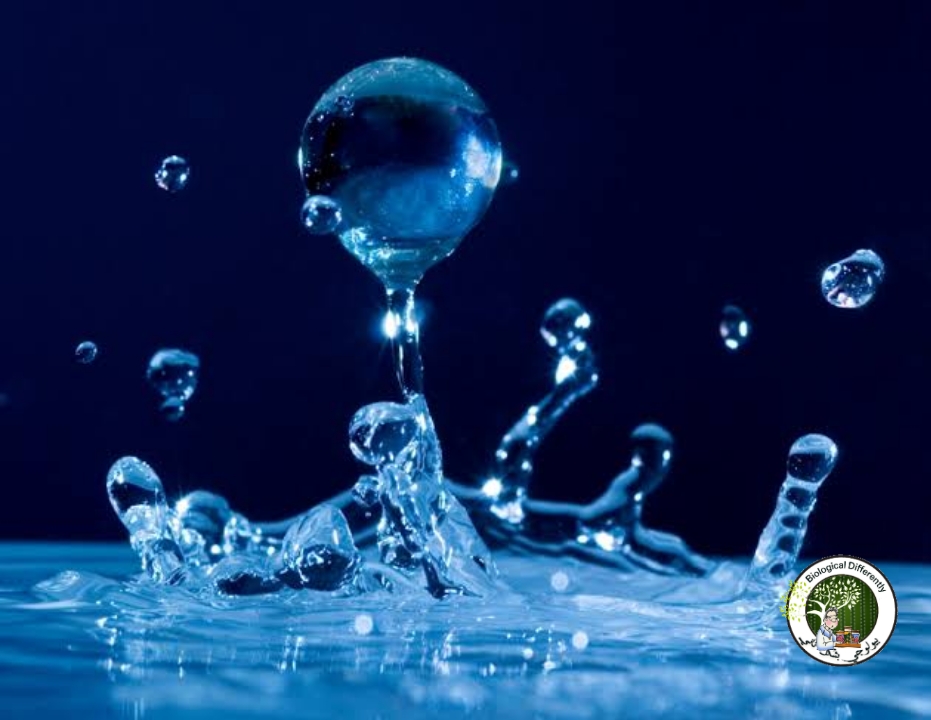Human body constitutes of mostly water and it depends on it to work properly. Drinking adequate amounts of water may help regulate body temperature, flush out all toxins, prevent constipation and perform all major bodily functions. Over consumption of water, also known as over-hydration, on the other hand, can be equally concerning
Water intoxication happens when the amount of salt and other electrolytes in your body become excessively diluted. In worst case scenarios, the sodium levels may become dangerously low
There are two main types of overhydration
Increased water intake
This happens when you drink more water in your urine than your kidneys can carry out. That can cause your bloodstream to absorb too much water
Retaining water
It happens when the body can't completely get rid of the salt. Many medical conditions can allow the water to hold your body
All these types are harmful as the balance of sodium and water in your blood is thrown off
Water Intoxication
a. Excess Water May Over-Burden Your Heart
Heart plays the main role in circulating blood all over the body. The intake of too much water will mean an increase in your body's blood volume. Now, this increased volume of blood could cause unnecessary pressure on the blood vessels and heart, leading to some heart problems
b. May Cause the Cells to Swell Up
Excessive water consumption can lead to blood dilution, which is why the concentration of electrolytes in the blood is lower than in the cells. In order to ensure a balance in the concentration of electrolytes in the blood and cells, water tends to flow into the cells, leading to swelling in the cells.
c. May Deplete Potassium Levels
Potassium is a significant mineral which the body requires. Excess water in the system, however, can cause a considerable dip in potassium content. This can cause irritation, chest pain, muscle cramps etc
d. May Up Stomach Irritation
Drinking too much water can lead to electrolyte imbalances in the body. These furthers lead to pain in our stomach which is also the primary stage of hyponatremia production
e. Frequent Urination
Of course, excess water in the body will lead to frequent excretion as compared to normal drinking. Your body has its own mechanism of absorption.
Downing too much water may cause failure of your body to absorb the liquid, which is why you feel the need to visit the washroom frequently
How Much Water Should You Ideally Drink in A Day? dd
According to the Centers for Disease Control and Prevention (CDC), there are no official guidelines about how much water a person needs to drink each day
The right amount differs, depending on factors such as body weight, level of physical activity, the climate, and whether they are breastfeeding
In 2004, The National Academy of Medicine recommended that women aged 19–30 consume around 2.7 liters per day and men of the same age around 3.7 liters per day
Relying on thirst may not work for everyone. Athletes, older adults, and pregnant women, for example, may need to drink more water each day
To estimate the right amount, it can help to consider calories. If a person needs 2,000 calories per day, they should also consume 2,000 milliliters of water per day
Through these words, we know that water can cause dehydration or poisoning, although water is our life, but we should not drink too much
Written by / rehab mohamed
References
a- https://food.ndtv.com/health/are-you-drinking-too-much-water-heres-why-you-should-stop- 1841525
b- https://www.medicalnewstoday.com/articles/318619
c- https://www.healthline.com/health/overhydration#causes




تعليقات
إرسال تعليق
add_commentإرسال تعليق